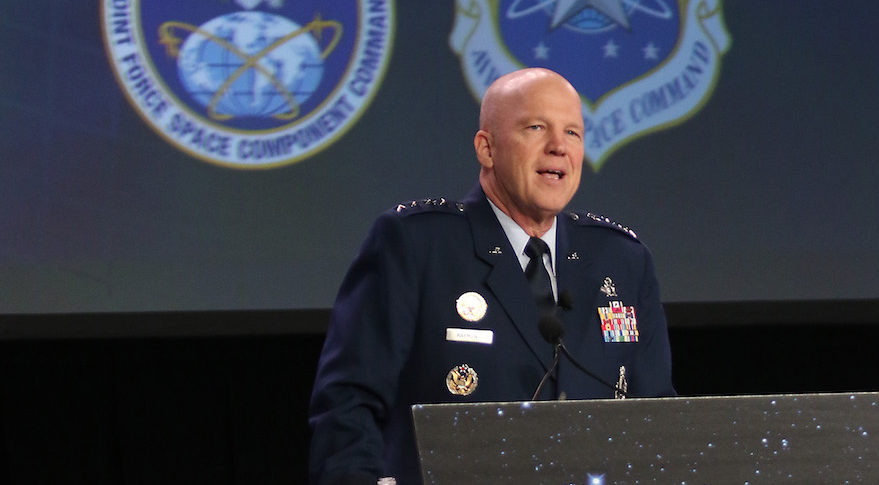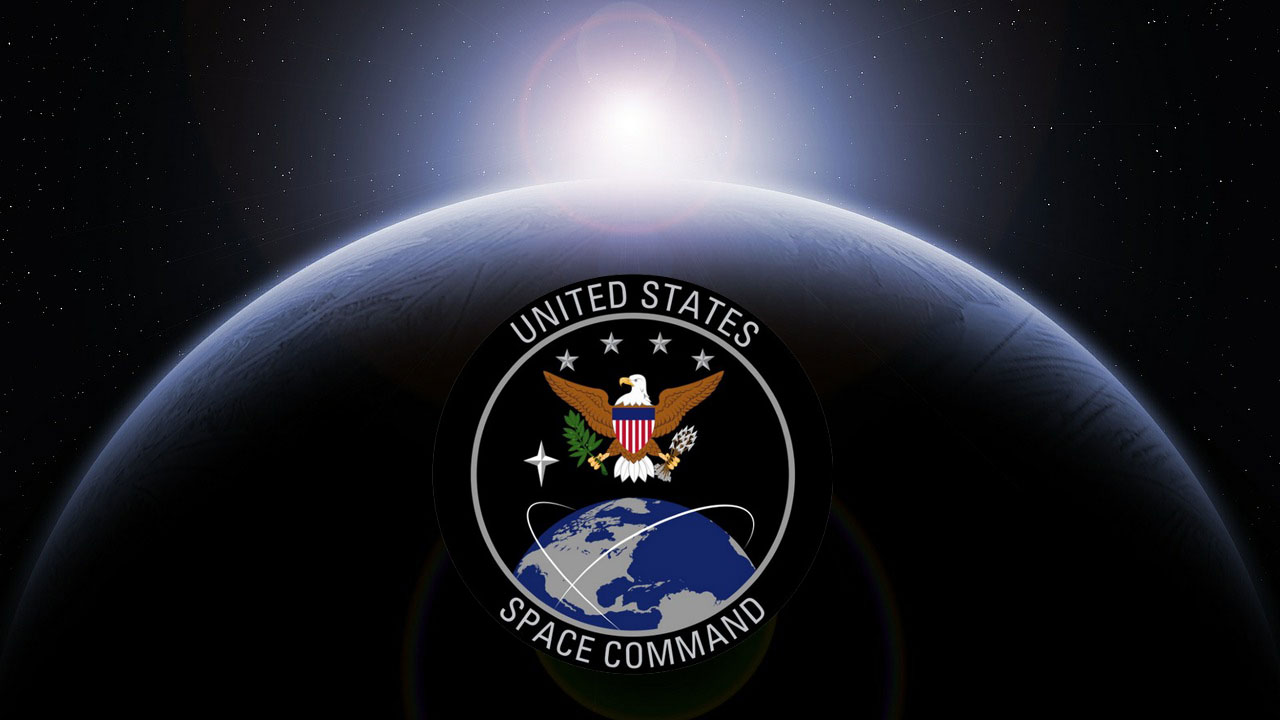The head of the newly created U.S. Space Command has emphasized touting co-operation among allies, including Canada, in his first news conference since his appointment.
“Historically, we haven’t needed to have allies in space,” General Jay Raymond said last week at the Pentagon. With the potential for space to become the next battleground, however, working with allies is “a big growth area for us. And I think it’s going to provide our country a big advantage. We’re stronger together.”
Raymond acknowledged that the concept of working with foreign countries, even friendly ones, in the space domain is a bit of a stretch, given typical restrictions on intelligence sharing and access by foreign nationals—even close ones—to operations centres.
Such co-operation is not unprecedented. The Combined Space Operations Centre at Vandenberg Air Force Base in California includes personnel from Canada, Britain and Australia.

“We are working very closely with our partners, specifically our Five Eyes partners (Canada, Britain, Australia and New Zealand), France, Germany and Japan,” Raymond said. “We exercise together, we train together, we conduct war games together.”
America’s lone-wolf space practices were developed when few countries had space-launch capabilities. But that has changed. Israel, Poland, Turkey, New Zealand and the United Arab Emirates have launched new space agencies in the past 15 years, largely aimed at cashing in on the growing commercial space boom.
Defense News reports that in the lead up to Space Command’s launch, the U.S. and Britain bolstered their space partnerships. In July, Britain became the first international partner to formally sign up for a U.S.-led coalition called Operation Olympic Defender, which aims to strengthen allied abilities to deter hostile actions in orbit. As a Five Eyes partner and America’s closest ally, it is a safe bet that Canada will join the coalition.
The growth of commercial space has opened up opportunities for the Pentagon to host military payloads on other nations’ satellites. That process began with Norway and Japan, and Raymond indicated a desire to see more hosted-payload programs, the Defense News site reported.
“We absolutely are open for new partnerships; we’re eagerly working those partnerships,” Raymond said. “I mentioned the countries that we’re working very closely with today, but we are looking forward to continuing to expand that. That’s one of the priorities of the command.”

General Jay Raymond, commander of U.S. Space Command by President Trump in August 2019. [Space News]
A 35-year veteran of U.S. military service, Raymond was appointed commander of the U.S. Air Force Space Command in 2016 and Joint Force Space Component in 2017. He assumed the top job at U.S. Space Command on Aug. 29.
The U.S. Space Command is the first combatant command to be fully stood up since Africa Command was created in 2009.
Raymond inherits 87 units, covering missile warning, satellite operations, space control and space support. He has said he expects to start with about 642 personnel pulled from U.S. Strategic Command.
The commander has acknowledged that the launch will not be easy, telling members of Congress in written testimony in June that “my first priority will be to ensure the seamless transition of the command and control of critical space capabilities that the nation and the joint force depend on each and every day. Simultaneously, we need to ensure we take steps to strengthen readiness and lethality as we complete our shift from a permissive environment to a posture for warfighting.”

The creation of the new combatant command is the first step toward the full-up space force proposed by U.S. President Donald Trump.
At the launch, Trump expressed concern that U.S. adversaries are “weaponizing Earth’s orbits with new technology targeting American satellites.” He said the country needs to use its “freedom to operate in space” to seek and destroy missiles headed toward the United States.
“This initiative is going to have a positive impact on our ability to grow the people and capabilities that we’re going to need in the future,” said Gen. Joe Dunford, the retiring chairman of the Joint Chiefs of Staff. “I’m confident the focus that a single service will bring to bear is going to have a profound difference.
“The direction is clear. We understand it. And we’re moving out.”
Advertisement





















